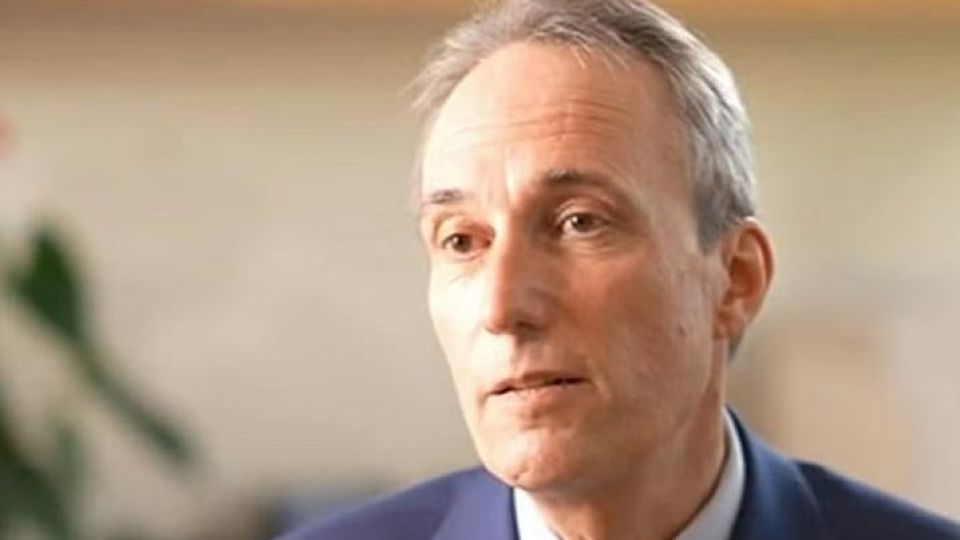June 14, 2023
DHAKA – Bangladesh needs to manage the economy carefully and deepen structural reforms to deal with lingering external pressures, a top official of the World Bank said yesterday.
Martin Raiser, vice-president for South Asia of the Washington-based lender, said Bangladesh faces continued external pressures, which require careful macroeconomic management, but also a deepening of structural reforms to attract more private investment, boost jobs and strengthen resilience against climate shocks.
He also reaffirmed the multilateral lender’s continued support to help Bangladesh achieve sustainable and inclusive growth.
“We stand ready to redouble our support under our new country strategy and accelerated implementation of our large existing portfolio.”
Raiser’s comments came as he concluded his two-day visit to the country as part of his current tour to the South Asia region.
During the visit, he met with the Bangladesh Bank governor, the state minister for power, energy, and mineral resources, the senior secretary of the finance ministry, the secretary of the Economic Relations Division, and other senior government officials.
They discussed the WB’s new country partnership framework for Bangladesh for fiscal years 2023-27 as well as how the WB support can be best utilised to help Bangladesh navigate the global uncertainties and increasing climate change impacts.
Raiser urged speeding up the pace of implementation of the WB-supported projects.
Yesterday, the bank and Bangladesh also signed a $191 million financing to strengthen the higher education sector and respond better to the Covid-19 pandemic.
The Higher Education Acceleration Transformation Project will support regional and global collaboration, research and innovation in higher education. It will help more women access quality tertiary education.
Sharifa Khan, secretary of the ERD, and Abdoulaye Seck, country director of the WB for Bangladesh and Bhutan, signed the agreement, said the press release.


